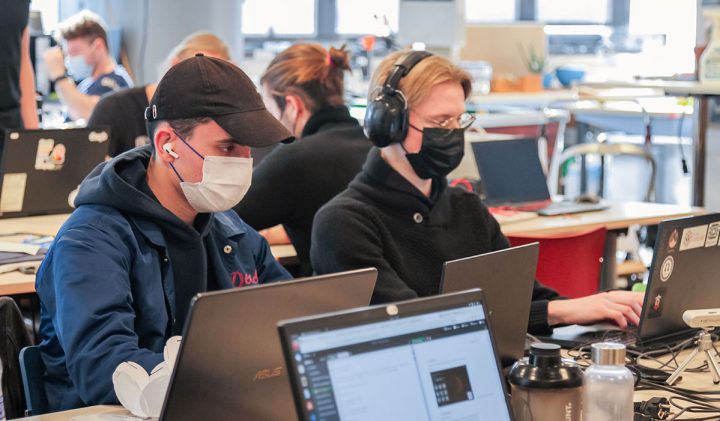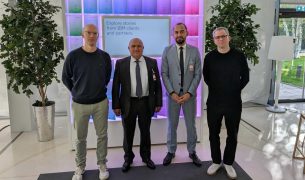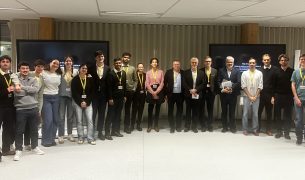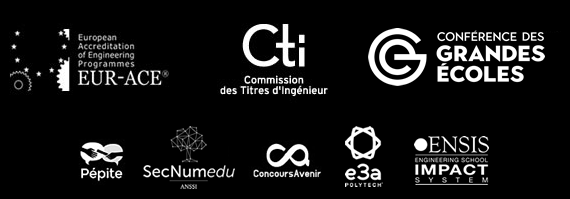Hackers have long been regarded as villains through the media lens worldwide. They are portrayed in society as cyber-criminals and outliers that strive to damage systems, steal data, and destroy anything that stands in their way. Yet even if all of this remains true, we need to distinguish between cyber-crimes and ethical hacking that exposes flaws in systems, repairs them before they become exploited by bad people.
The ethical hacking community is throwing off old stereotypes of hoodie-wearing basement dwellers and is now emerging as a highly professional, committed, self-aware, and diverse trade that offers great opportunities for people keen to establish a cyber career.
Are Ethical Hackers the Real Heroes?
Ethical hackers have become an essential part of the cybersecurity ecosystem and can often reveal serious unknown vulnerabilities in systems better than any security solution ever could.
Because of the rise that ethical hacking has had in uncovering significant vulnerabilities, there has been a 26 % rise in firms in Europe operating bug bounty programs, where they hire hackers to help them strengthen their security defenses.
What Makes a Hacker “Good”?
Ethical hackers have one thing in common: they love the intellectual challenge of creatively overcoming limits.
Hackers are individuals who possess a unique set of abilities, expertise, and skills, but most importantly: ethics. They all have a great desire to learn about and explore the internet, and many of them have the ability to see potential weaknesses and vulnerabilities in systems to better protect data. They communicate information and, contrary to popular assumptions, frequently collaborate to assist one another.
Moreover, hacking is beneficial to our digital environment. Every notable cybersecurity event is followed by a massive surge of public awareness. More individuals start paying attention, system faults are rectified, security teams improve both teams and policies; nice things begin to happen. This is also true for the hacker community; when they uncover more vulnerabilities and learn more about security systems, they use this information to remedy holes and weaknesses in the web before they are maliciously exploited.
Does Ethical Hacking Have a Future?
The industry has witnessed a 350% growth so far with an estimate that the industry is growing at 21% per year, with nearly 2.3 million security professionals providing internet security across the globe.
Getting Started
Many ethical hackers begin their careers by studying computer science or proceeding with a master’s degree to become a security engineer. With a degree or certification in hand, you’ll be able to assess your understanding of the cyber world, the internet, and technical competencies for both software and hardware.
ESILV is a member of the Cyber Campus, an initiative that brings together the major players in cybersecurity in France. Graduating with a master’s will allow you to master the design and integration of cybersecurity solutions, and automatically consider security in all innovation processes
Want to join a whole community that is working around the clock to help make the internet a safer place for all of us?





















